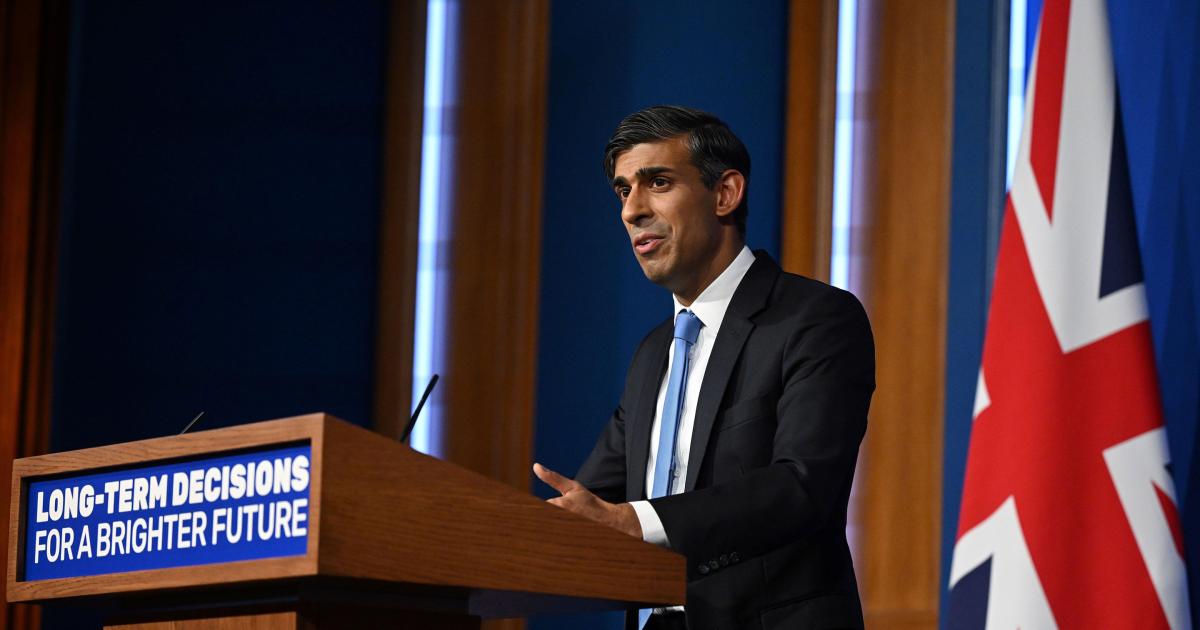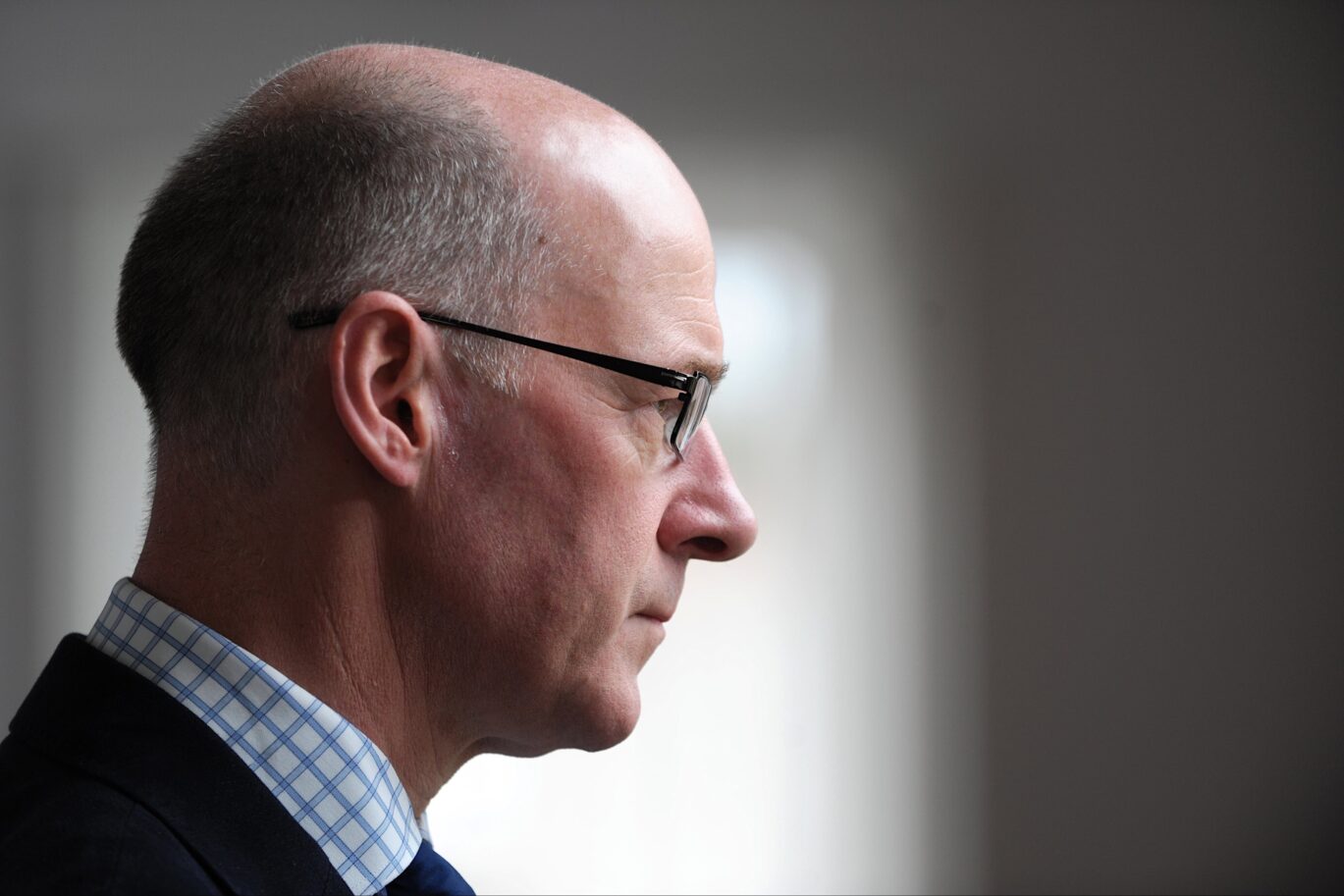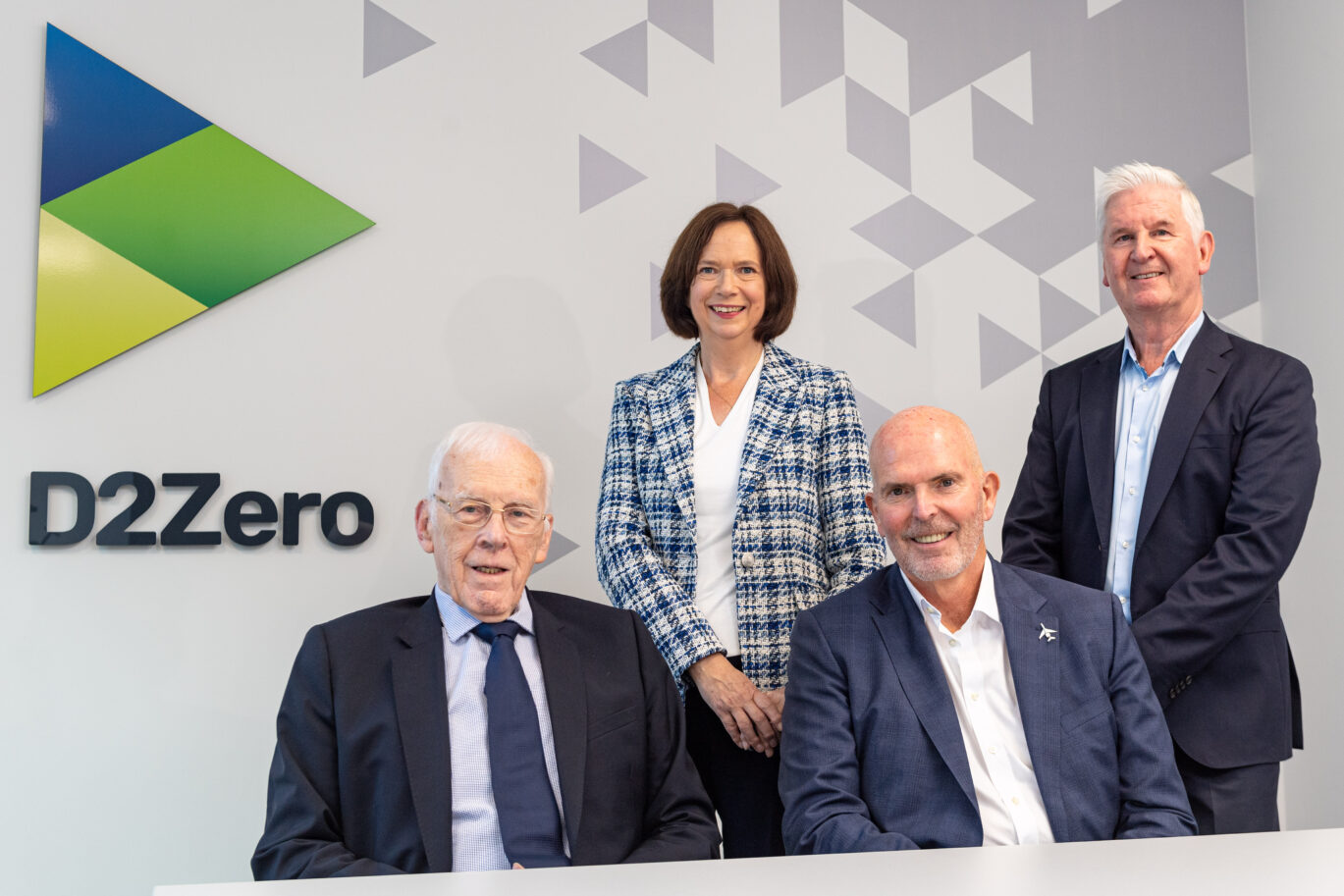It may be more than a year away, but Rishi Sunak has now started to define the battleground for the next General Election. In a major speech, brought forward after the content was largely leaked to the BBC, Sunak announced significant changes to the government’s net zero agenda, delaying the ban on the sale of new petrol and diesel cars and the replacement of gas boilers, while also recommitting to the North Sea oil and gas industry and grid infrastructure investment.
On the face of it, net zero – an issue that enjoys broad public support – might seem a curious spot for the Tories to stand and fight. Indeed, coming after the unexpected Conservative Party victory in Uxbridge and South Ruislip – where they held on amid anger at the Labour Party’s plan to expand the ULEZ – it also runs the risk of looking knee-jerk, cynical or both. Affected businesses, not least major car manufacturers, have not held back in their criticism of the policy change, either.
Yet there is more to Sunak’s apparent volte-face than first meets the eye. As an individual, Sunak has always been more personally sceptical of the net zero transition than his most recent predecessors, Boris Johnson and Theresa May, and this switch is instinctive as much as ignoble.
But it is also profoundly political. Sunak thinks he has found a chink in Sir Keir Starmer’s otherwise robust armour, believing the Labour leader will be forced by the green lobby into reimposing measures – such as the 2030 ban on the sale of petrol and diesel cars – that will prove deeply unpopular. Equally, given Sunak’s unequivocal support for oil and gas, which is also a popular cause among some key trade unions, he hopes to sow discord among Labour’s ranks.
Meanwhile, private polling by the Conservative Party apparently shows that, while 2019 Tory voters are broadly supportive of the current climate targets, they are opposed to specific policies – such as a ban on gas boilers – that they believe will be financially costly. Sunak lent heavily on this in his speech, frequently tying the change in policy to his desire to ease cost of living pressures and the burden on families.
So far, the SNP has come out firmly against Sunak’s changes, suggesting the Prime Minister was “pandering to short term populism”, but Labour has been more coy – evidence, perhaps, that Sunak’s manoeuvre has, at least temporarily, unsettled them. While that is unlikely to remain the case indefinitely, it is nevertheless clear that net zero will be one of the central issues of the coming General Election campaign.
Read the prime minister’s full Net Zero speech here
The key points from the Prime Minister’s speech:
- A ban on new petrol and diesel cars will be delayed from 2030 to 2035.
- No new taxes on air travel, with the Prime Minister stating proposals that “discourage flying” will be scrapped.
- Commitment to scrapping a range of environmental measures including “how many passengers you can have in your car and the idea that [government] should force you to have 7 different bins in your home”.
- No plans to “harm British farmers” by taxing meat.
- UK’s commitment to reach net zero by 2050 remains in place.
- UK’s commitment to international climate targets remain, including those contained in the Paris Agreement.
- Reforms to be introduced to speed up the delivery of energy and grid infrastructure.
- Delayed switchover from gas boilers to heat pumps.
- Cash grant Boiler Upgrade Scheme to by increased by 50% to £7,500.
- Restatement that Conservative government would not ban extraction of new North Sea oil and gas.
- £150 million Green Future Fellowship fund to support scientist and engineers to develop “breakthrough green technologies”.
- A hint towards further announcement on the UK’s environmental agenda at COP28, taking place in early December.
Read other news and analytics from True North here











